Newsletter
Don't miss a thing!
We regularly provide you with the most important news, articles, topics, projects and ideas for One World – No Hunger.
Newsletter
Don't miss a thing!
We regularly provide you with the most important news, articles, topics, projects and ideas for One World – No Hunger.
Please also refer to our data protection declaration.
Africas economy can only grow sustainably, if also small-scale agriculture is seen as opportunity.

Beatrice Nkatha, an entrepreneurial 38-year-old from Kenya, embodies the hope and promise of African agriculture and its role in sustainably transforming its economy. In 2009, Ms. Nkatha converted her local tailoring shop - where she earned a basic living mending clothes for farmers and their families - into an agro-shop, stocking high quality seeds, fertilizer and other farm inputs. Over time, as local yields increased, she started buying produce from the farmers and selling them on, in bulk, to traders in the bigger towns. This significantly increased not only her personal fortune, but also those of hundreds of smallholder farmers she serves in Mukothima, some 260km Northeast of Nairobi in the foothills of Mt. Kenya.
Like every astute business person - which is what she has proven to be - Ms. Nkatha identified a new opportunity in sorghum farming and marketing, and seized it. The opportunity came in the form of a spike in demand for the commodity. This followed a decision by East African Breweries, a Nairobi-based regional brewer (majority owned by Diageo), to manufacture local beer using sorghum. They needed lots of sorghum.
As a start, Ms. Nkatha rebranded her business, becoming ‘Sorghum Pioneer Agencies’. She positioned herself as the sole sorghum supplier to the brewer in her area. Over the years, she has steadily grown the number of farmers switching to growing sorghum. In fact, sorghum does better in this area than many other crops, being arid to semi-arid, a generally challenging growing environment. Currently, Ms. Nkatha works with 14,000 farmers whose sorghum she aggregates and sells to the brewer. These farmers are fully equipped with the requisite knowledge about the strain of sorghum to plant and techniques to maximize yields on their small plots. Ms. Nkatha sells them seeds and fertilizer, often on credit, rents them the use of a tractor and thresher, and even advances them loans to pay school fees.
Sorghum farming has, therefore, become a business, driving many new jobs and improving the living conditions of many farmer households. These farmers are now guaranteed a steady and reliable income which has significantly improved their wellbeing – they can afford better meals, pay school fees for their children, build better and permanent houses, and obtain better medical care.
Ms. Nkatha’s story is just one of many across the continent where agriculture is increasingly growing into a business. This is not limited to Kenya or to value chains related to breweries. There are similar examples in rice, rubber, maize, soya, and many other commodities through the pioneering work of many partners, including the German development cooperation through its agencies GIZ and KfW.
These success cases point to the willingness and readiness of African farmers to embrace farming as a business, as long as they are assured of the necessary support through access to improved inputs, availability of modern technologies and, more importantly, access to a structured market. They are the largest private sector group in Africa, millions strong, making calculations and plans based on their own experience and learning – and on the available opportunities and resources.
Ultimately, Africa’s sustainable economic growth will only be realized through deliberate actions that positively include these farmers in the economy. The multiplier effects of an agricultural transformation are massive. When farmers start to do better, they have further unique qualities. They desist from becoming part of the rush to cities – where new arrivals mostly find themselves at the bottom of a very tough economic ladder. Instead, the farmers enliven the rural economy, drawing services and goods into new areas, creating thriving market towns where previously the monetized economy was virtually non-existent.
Almost inevitably, new jobs appear in the flourishing rural sector. Notably, most of them are not on the farms as small market towns will need shop staff and cycle repair technicians; they will need agronomists and engineers who can supervise the construction of irrigation systems; and people will be needed to support food packaging, transport, distribution and marketing.
Through a survey of 10,000 rural sub-Saharan Africa youth, the Charter revealed that more than half of them are not planning to migrate to urban areas
This is one of the key messages of the Berlin Charter, which I was honoured to contribute to, along with several global experts and stakeholders, at the request of the German Government. Through a survey of 10,000 rural sub-Saharan Africa youth, the Charter revealed that more than half of them are not planning to migrate to urban areas, but want to build their future lives in the rural area, depending on the availability of jobs, education and infrastructure.
Our work is, therefore, cut out for us. At AGRA, we are working with multiple partners to deliver a uniquely African green revolution that goes beyond achieving food security, to delivering real and sustainable economic transformation for our people. This, we believe, will be achieved when smallholder farmers move from farming as struggle to survive to farming as thriving business. As part of our commitment, we aim to work with public and private partners, directly increasing the incomes and food security of 9 million farm households and, indirectly through our catalytic work, that of another 21 million farm households, all in the next 5 years.
Our strategy focuses on an approach that puts government at the center, to enable and champion private-sector-led agricultural growth; creates a strong, well-aligned ecosystem of actors; and supports scale solutions that ultimately deliver inclusive agricultural transformation.
We are convinced that this is the right approach. We have seen it work. Over the last decade, for example, we have worked with African governments, research centers and other partners to invest over 200 million dollars of private capital in the development of the seed business in Africa. As a result, close to 100 private local seed companies have been established which have produced and sold close to 600,000 metric tons of seed to an estimated 15 million farmers, with significant impact on yields and income.
Indeed, success cases like Ms. Nkatha’s in Kenya and that of the seed companies affirm how, not only individuals, but also countries can grow through smallholder agriculture - and the wider research bears it out. According to the International Food Policy Research Institute (IFPRI), Kenya and other countries such as Burkina Faso, Côte d’Ivoire, Ethiopia, Ghana, and Rwanda that are making big investments in agriculture, have seen productivity on existing farmlands rise by up to 6% a year, spurring an average annual GDP increase of more than 4%. Despite this success being threatened by the emergency of climate change and frequent droughts, there is no denying what we have seen, learnt, or been able to do. If anything, these emerging threats strengthen our resolve to act as evidence shows that poverty rates are decreasing, food security is improving, and new jobs are opening up in these countries.
This is why, throughout history, and throughout the world, regions have built their economic success on the back of a successful smallholder agricultural sector. Africa must do the same: and it must do so without wasting time.
The special initiative recognizes that a world without hunger is possible, and that Africa Can Feed Itself
Advancing this vision, nonetheless, requires several critical investments to work together, with strong leadership in the public and in the private sectors being paramount. The diversity of the roles played by governments, private sector and other organizations is, therefore, unmistakable. Efforts by all our partners will go a long way in enabling us achieve our targets. Germany is at the forefront of this effort throughout the region, with its leadership and flagship programs by BMZ, GIZ, KfW, and many other private sector and civil society actors, and we must continue to look at how we build on these together. As we do, we have no doubt that we can achieve the vision of Germany’s One World – No Hunger special initiative which recognizes that a world without hunger is possible, and that Africa Can Feed Itself.
We cannot shrink from the challenge because it is complex
All evidence shows that this is achievable – and we know how to support the changes required to get there. We cannot shrink from the challenge because it is complex. We must be steadfast and strategic in the planning and execution of the changes across the continent, without losing sight of all the local challenges, opportunities and differences: there are no formulaic solutions, and no short cuts. We can draw hope and reassurance from the success stories to date, but must be prepared to work with commitment to make agriculture work at scale for both the small farmers and the wider economy.
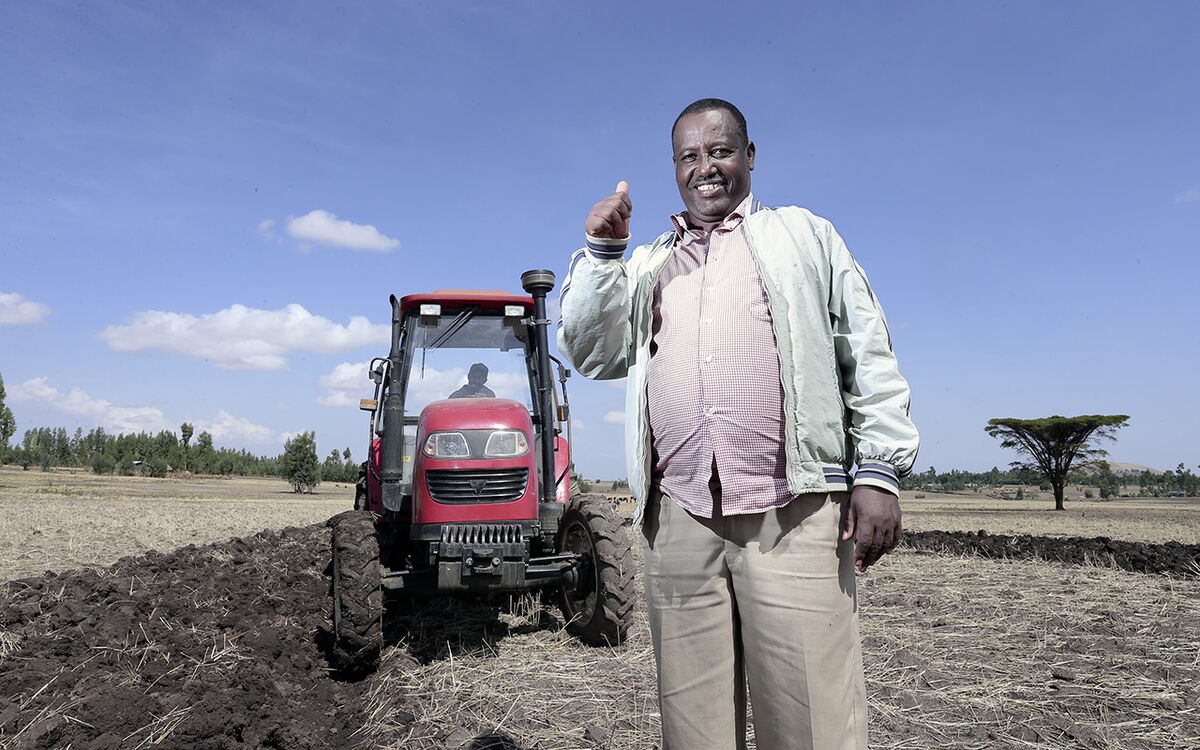
Read more How much private investment is the agricultural sector able to bear?


Read more Reference values: A building block on the road to social equality

Read more Ms Rudloff, what are the benefits of a supply chain law?

Read more Freed from trade? Towards a fairer EU Trade Agenda


Read more How can the private sector prevent food loss and waste?

Read more From lost products to safe food - Innovations from Zambia

Read more Together towards Sustainable Development: Private Sector Cooperation

Read more Controversy: Do supply chains need liability rules?
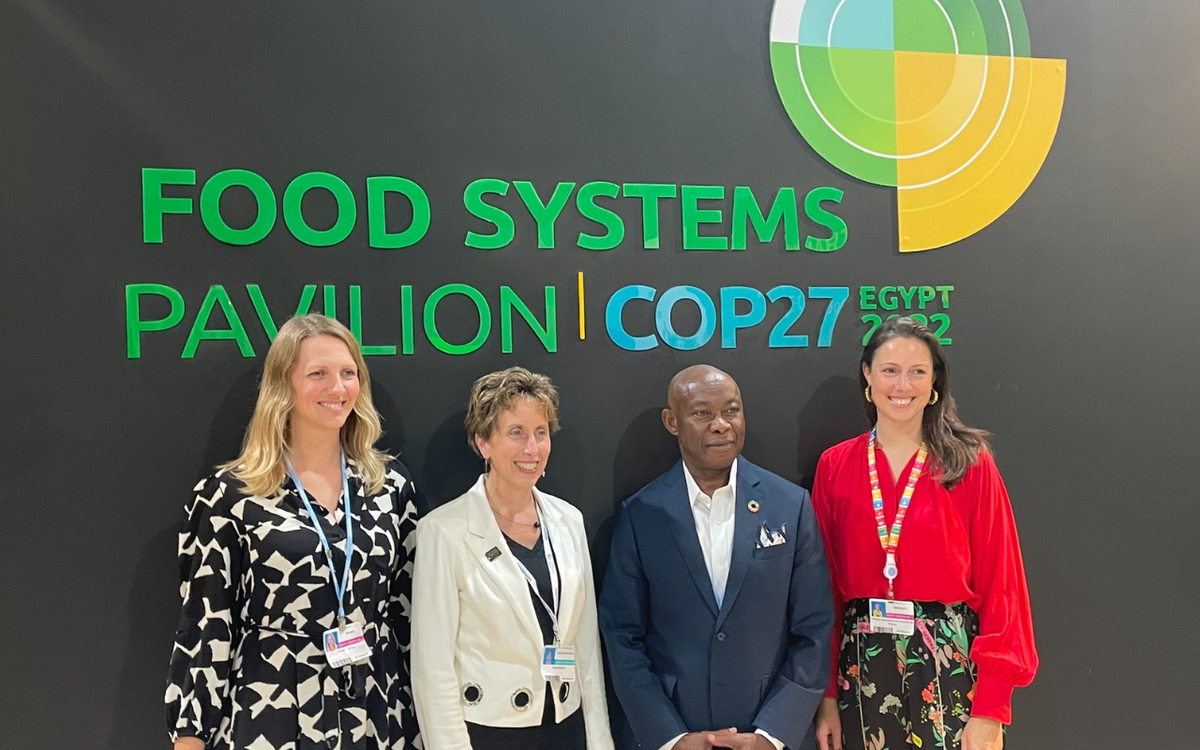
Read more G7 Sustainable Supply Chains Initiative: From Commitment to Action

Read more From the Tree to the Street: The Story of Natural Rubber
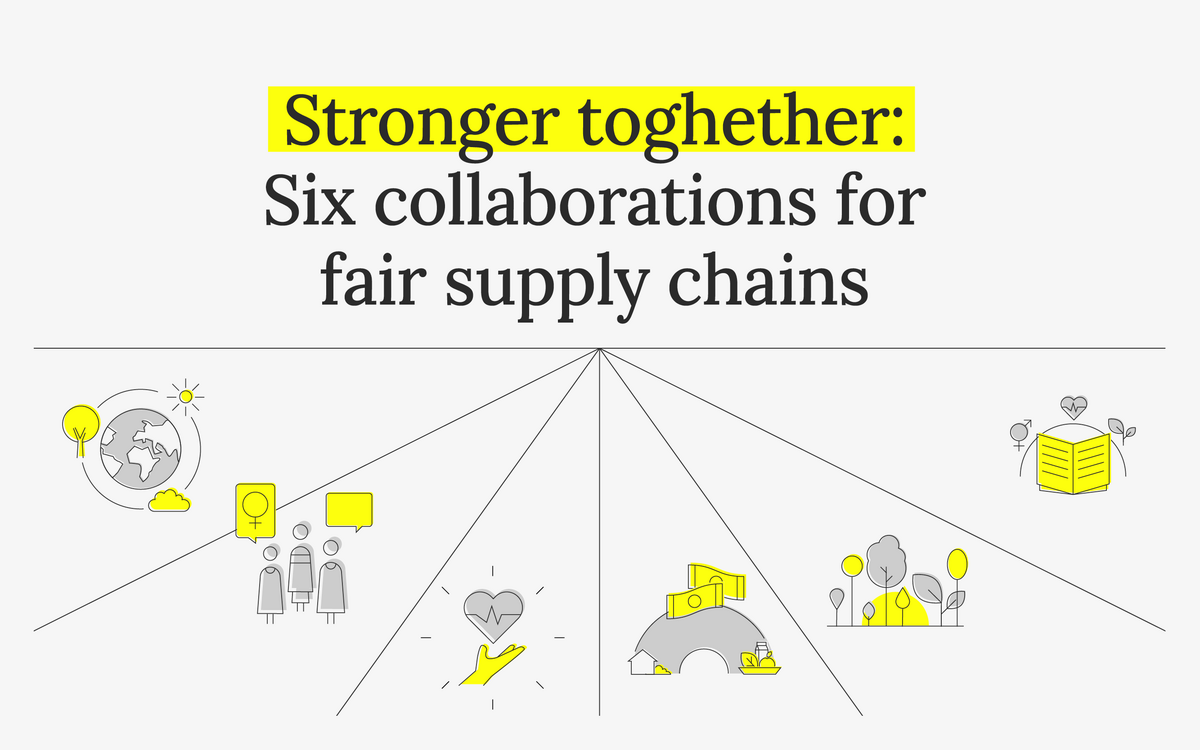
Read more Stronger toghether: Six collaborations for fair agricultural supply chains
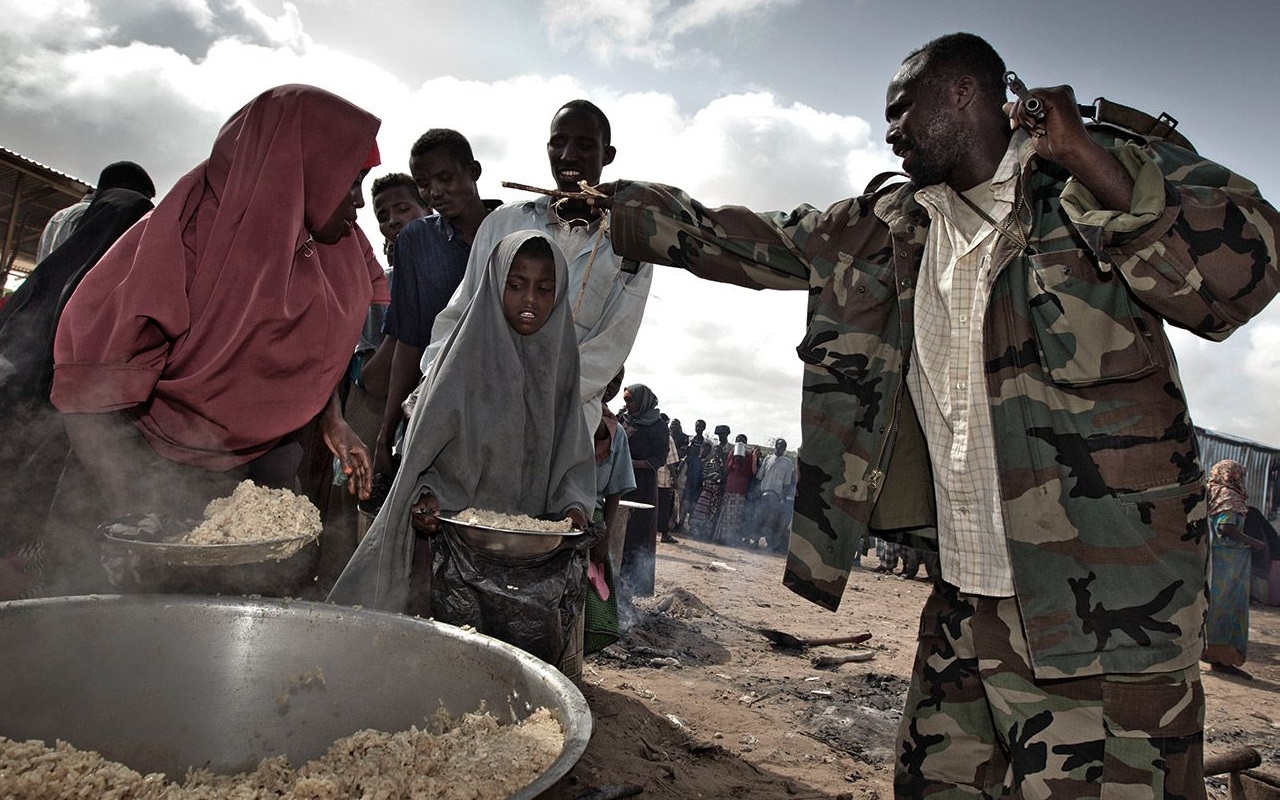
Read more 5 questions to F. Patterson: Why is there more hunger?
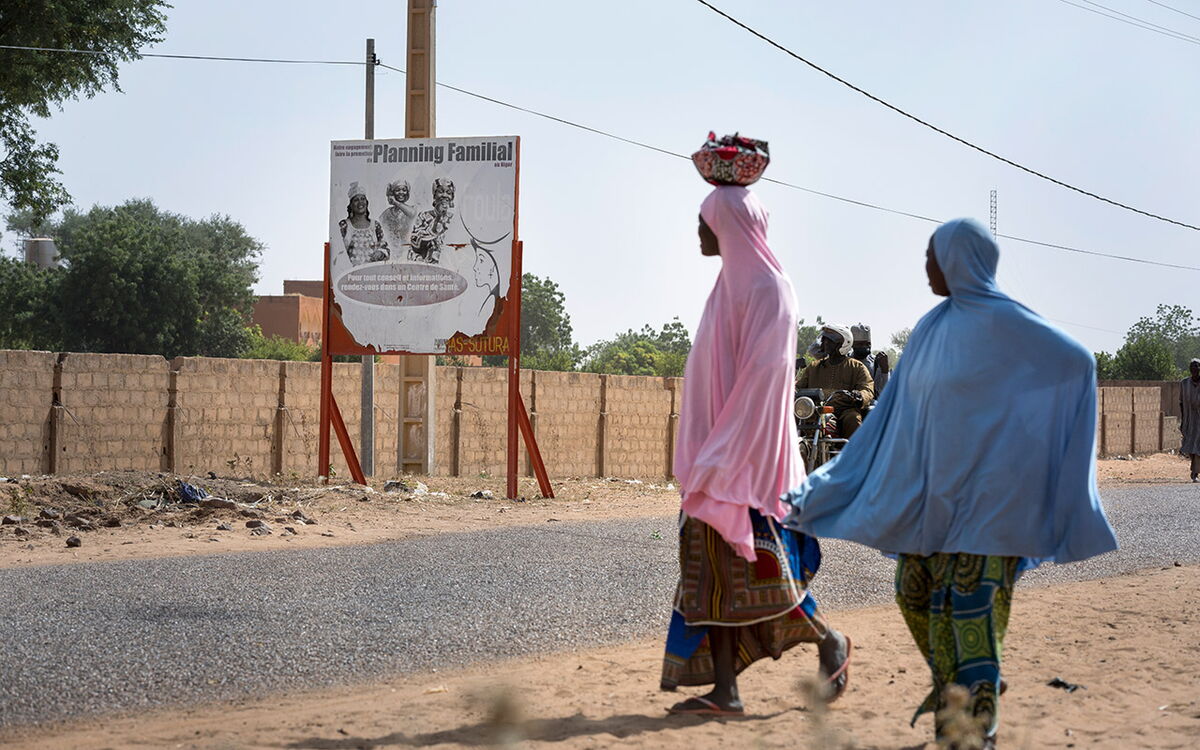

Read more Developing countries hit doubly hard by coronavirus

Read more Statement from GAFSP Co-Chairs: GAFSP and COVID-19 Pandemic

Read more What do you expect from this Pre Summit, Mr. Haddad?

Read more Mr. Campari, how do we create sustainable food systems?
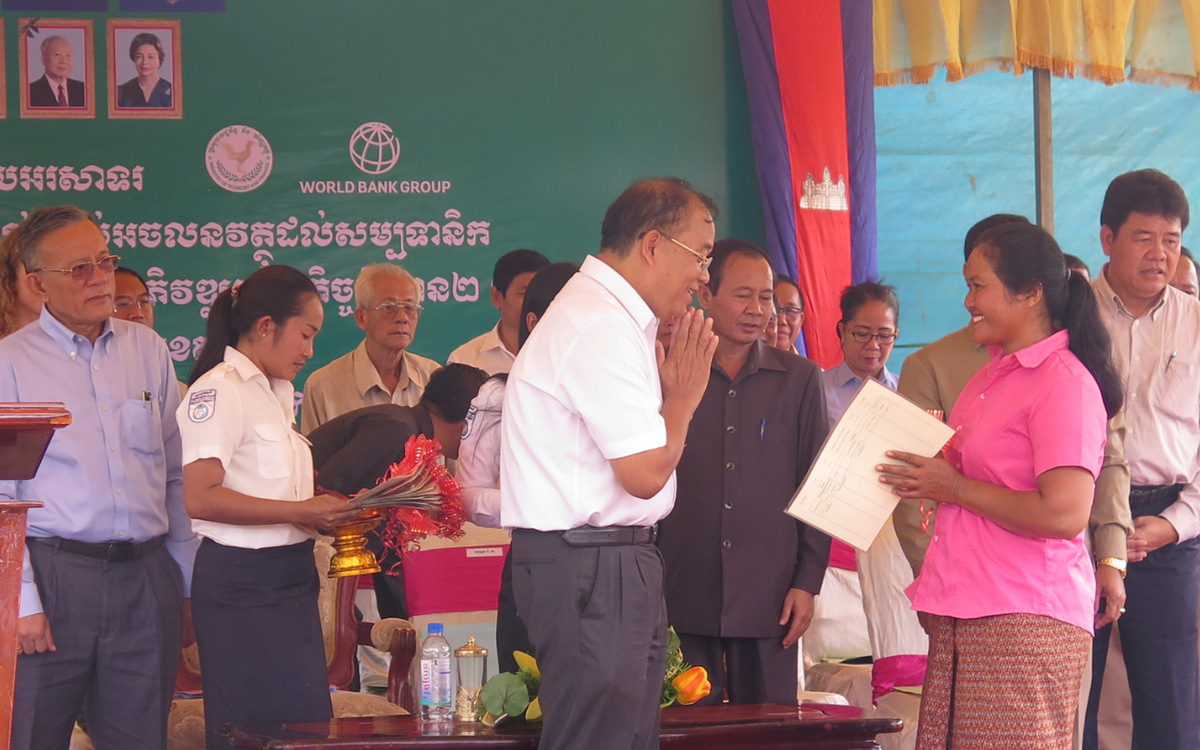
Read more Land Rights for Secure Livelihoods: My Land is My Life
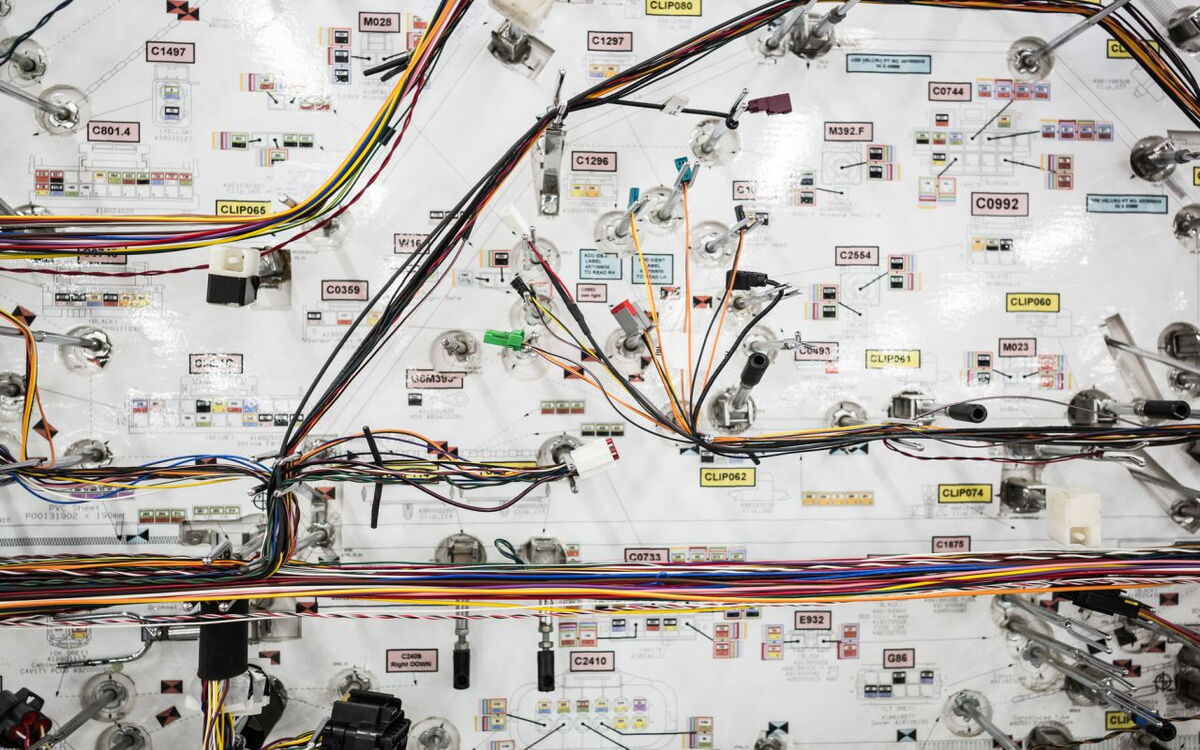
Read more The Future of Development Politics: Voices from the Parliamentary Groups
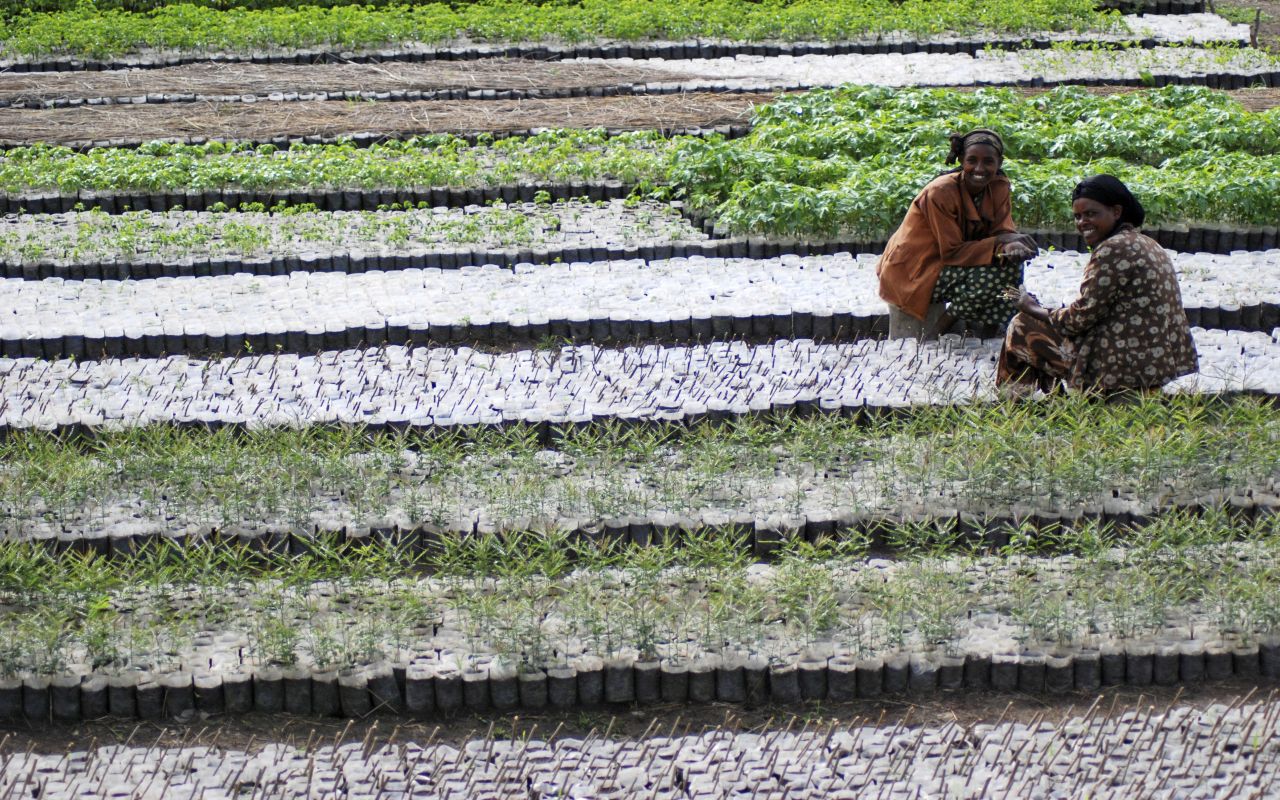
Read more Cooperation and Effective Incentives for Sustainable Land Use
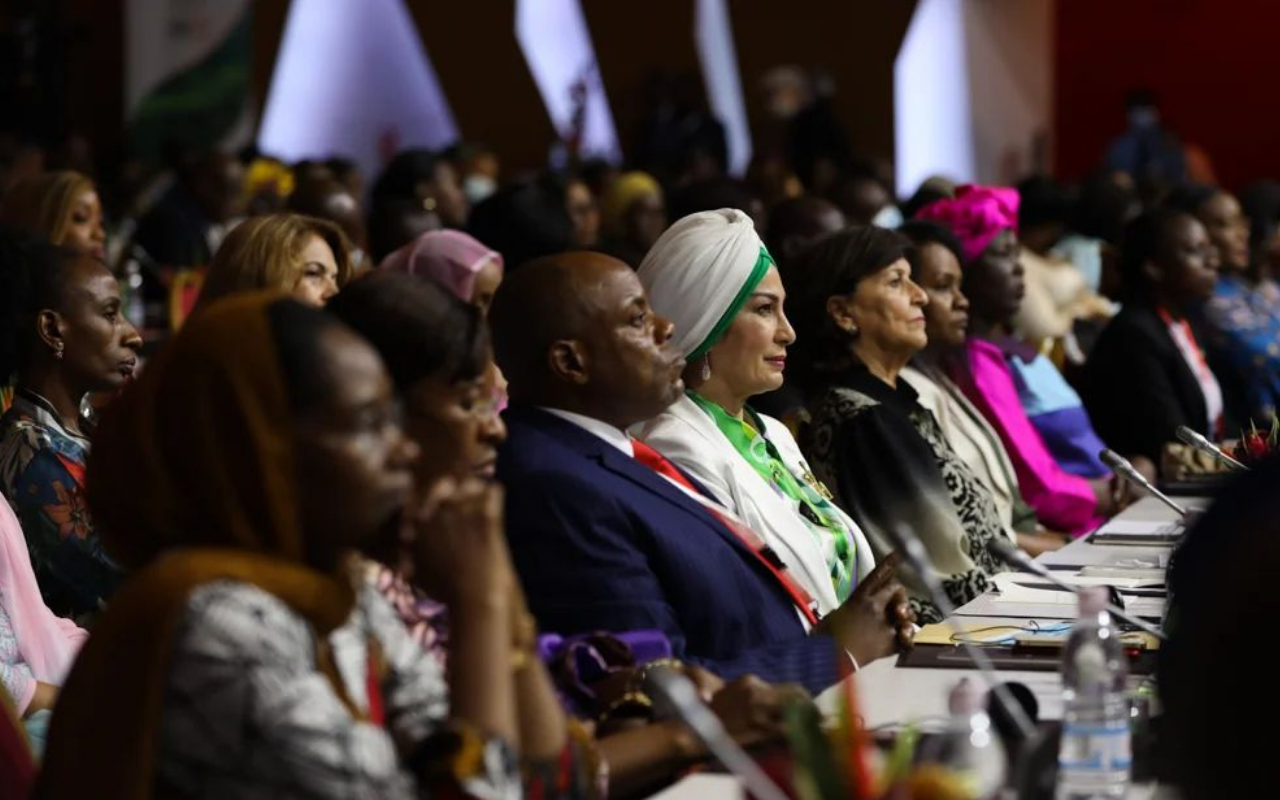
Read more World Soil Conference ends with resolutions on drought management and land restoration

Read more German G7 Presidency – fighting hunger with all our might

Read more The Rice Sector in West Africa: A Political Challenge

Read more “More of the same is not enough - we need to rethink”
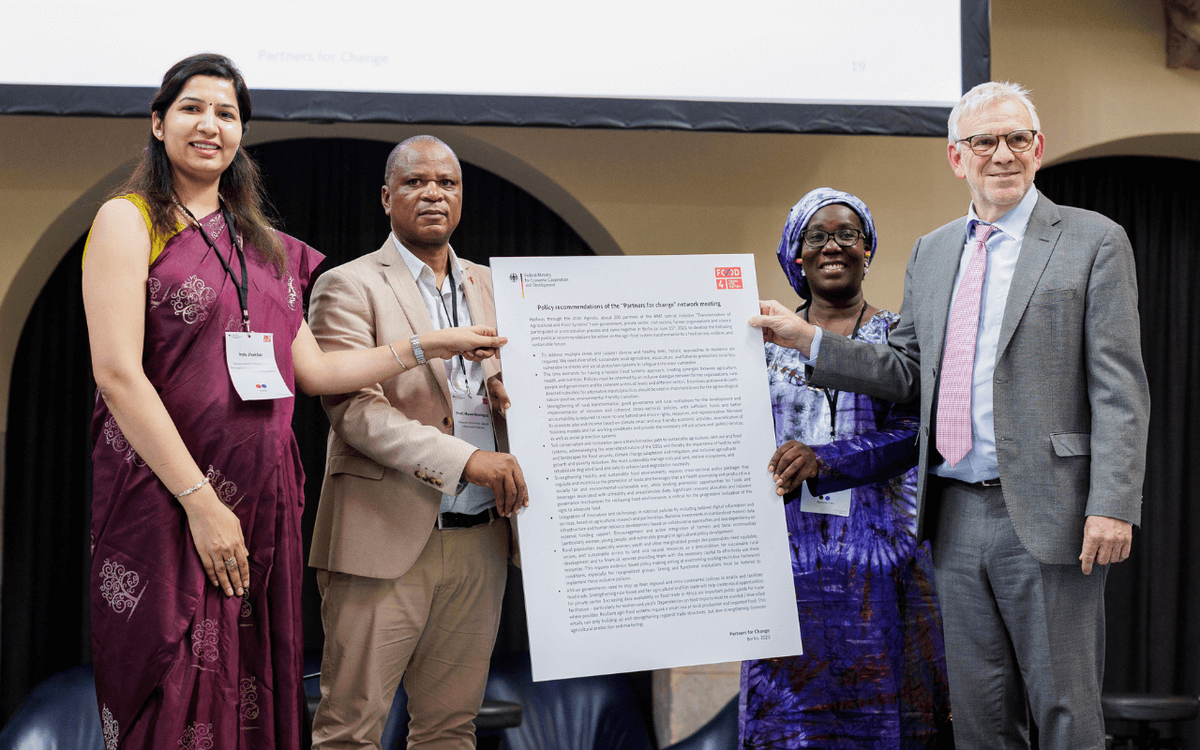
Read more Partners for change - Network meeting on transforming agricultural and food systems

Read more Innovative donor approaches and sustainable finance – A Review of UNFSS+2
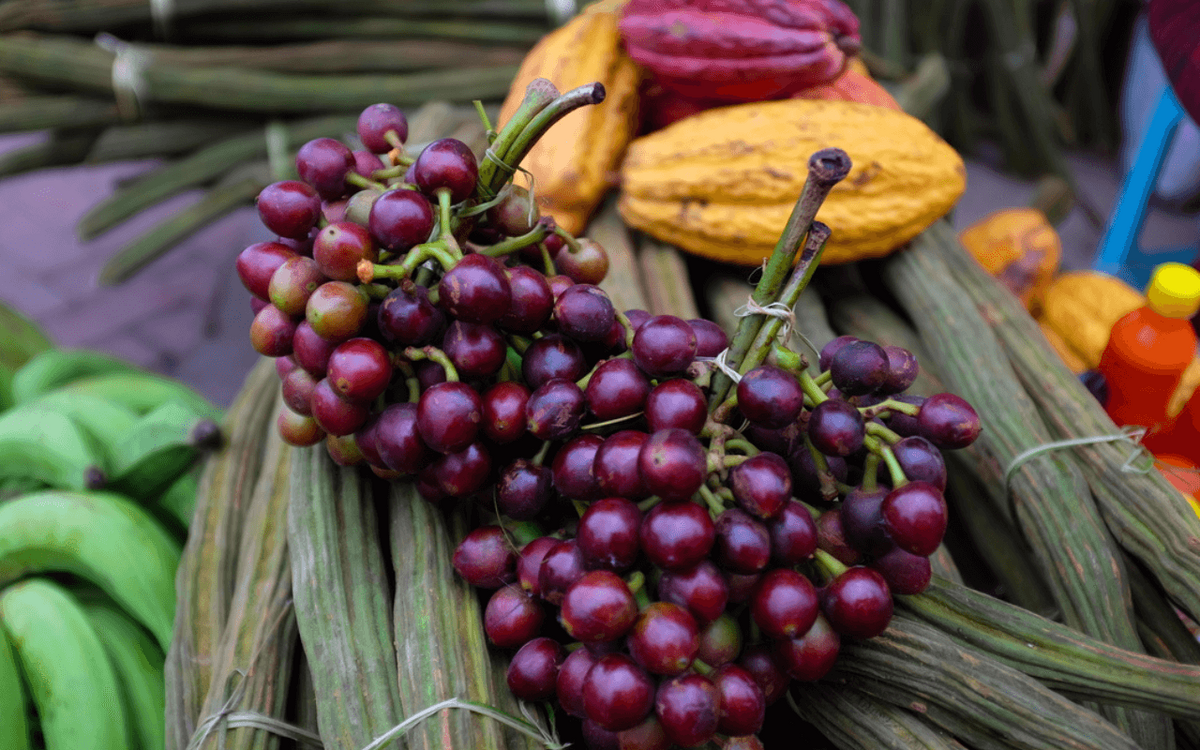
Read more The common thread is the importance of collaboration
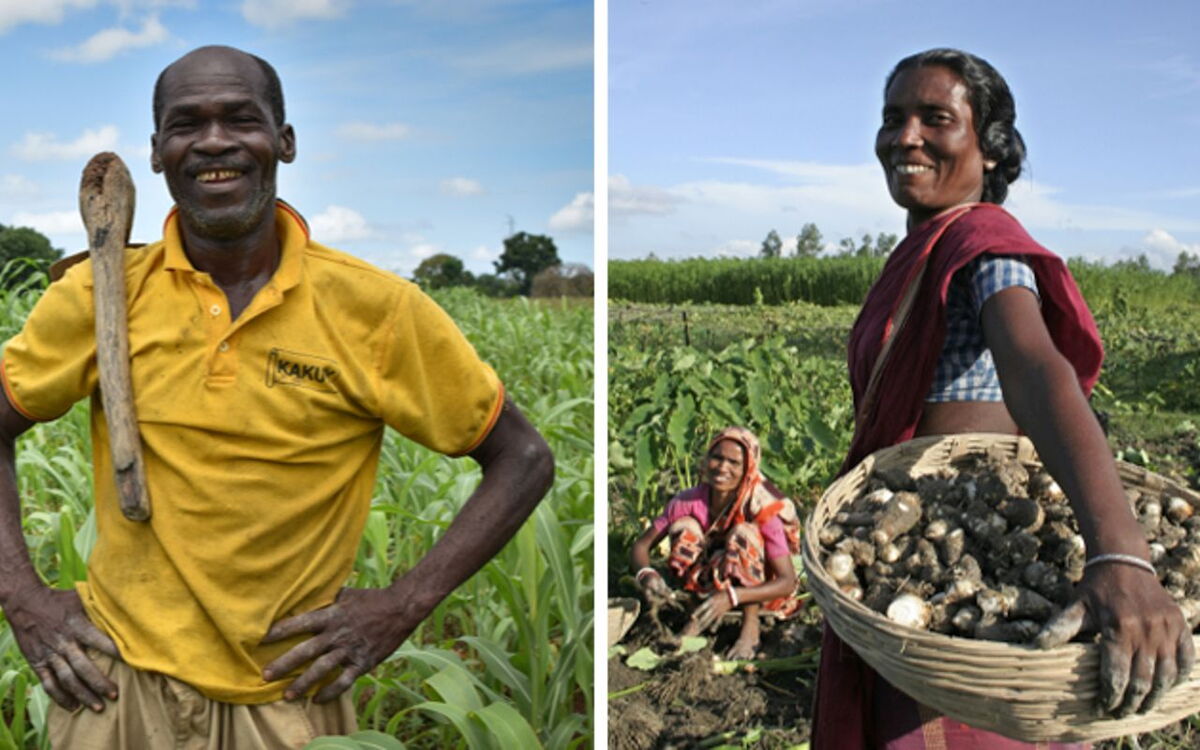
Read more Ideas on the ground: Local solutions for global challenges
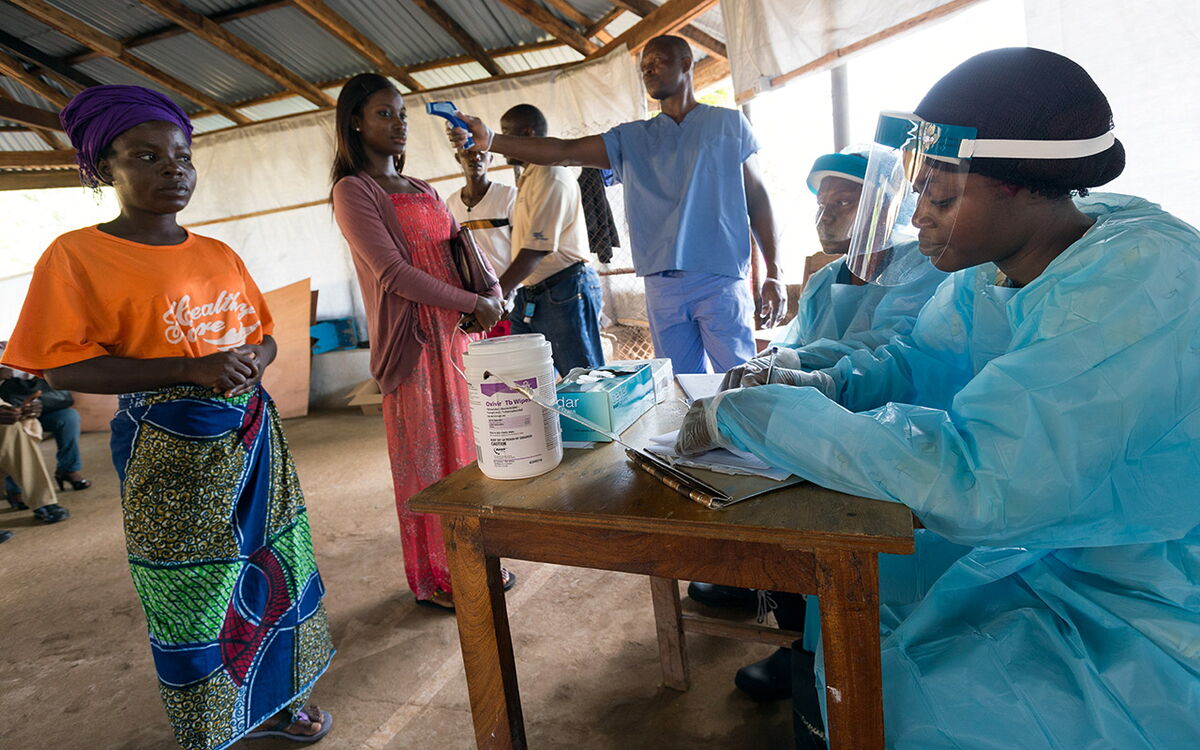
Read more “Corona exposes the weaknesses of our nutritional systems"

Read more Ebay Against Hunger - How an App Supports Crop Sale of Rural Small Holders in Zambia


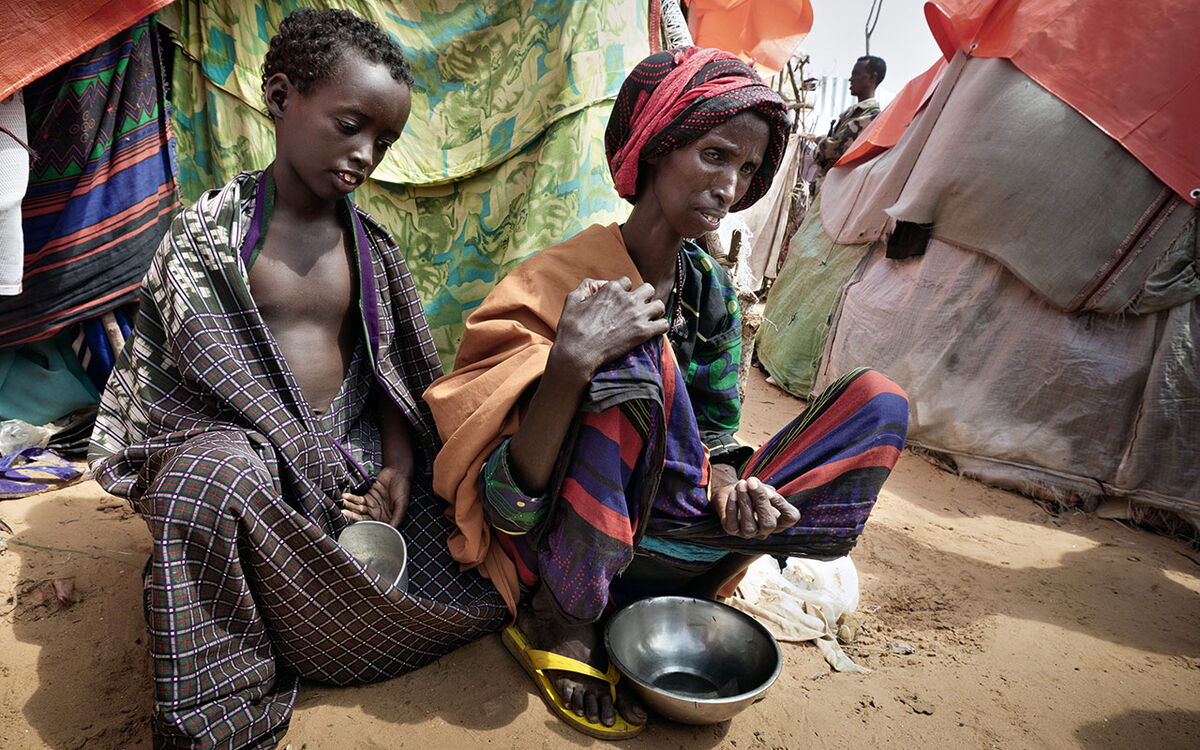
Read more Global responsibility: Tackling hunger is the only way forward

Read more Sustainable Artisanal Fisheries and Aquaculture in Rural Areas
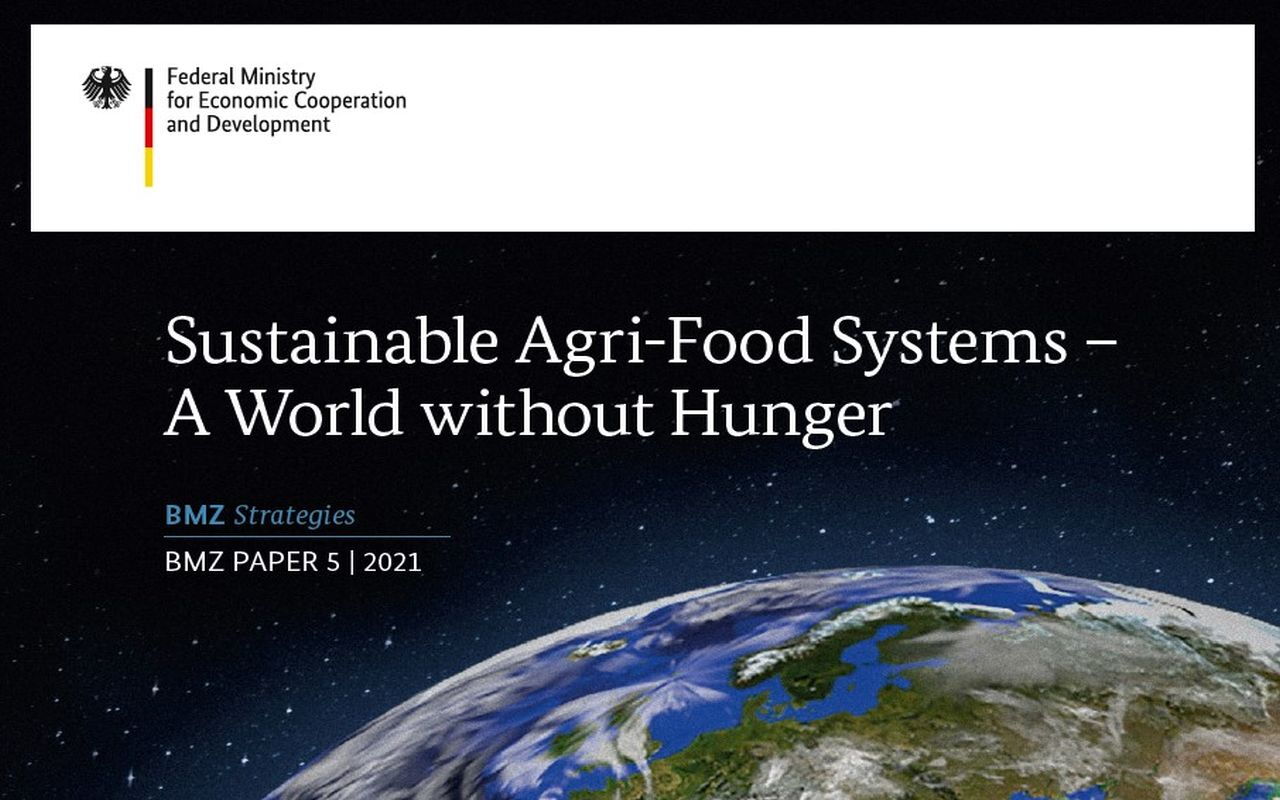
Read more Nine Harvests Left until 2030: How Will the BMZ Organise Itself in the Future?

Read more New legal initiatives towards deforestation-free supply chains as a game changer

Read more Achieving more together – New forms of cooperation for sustainability in the cotton sector
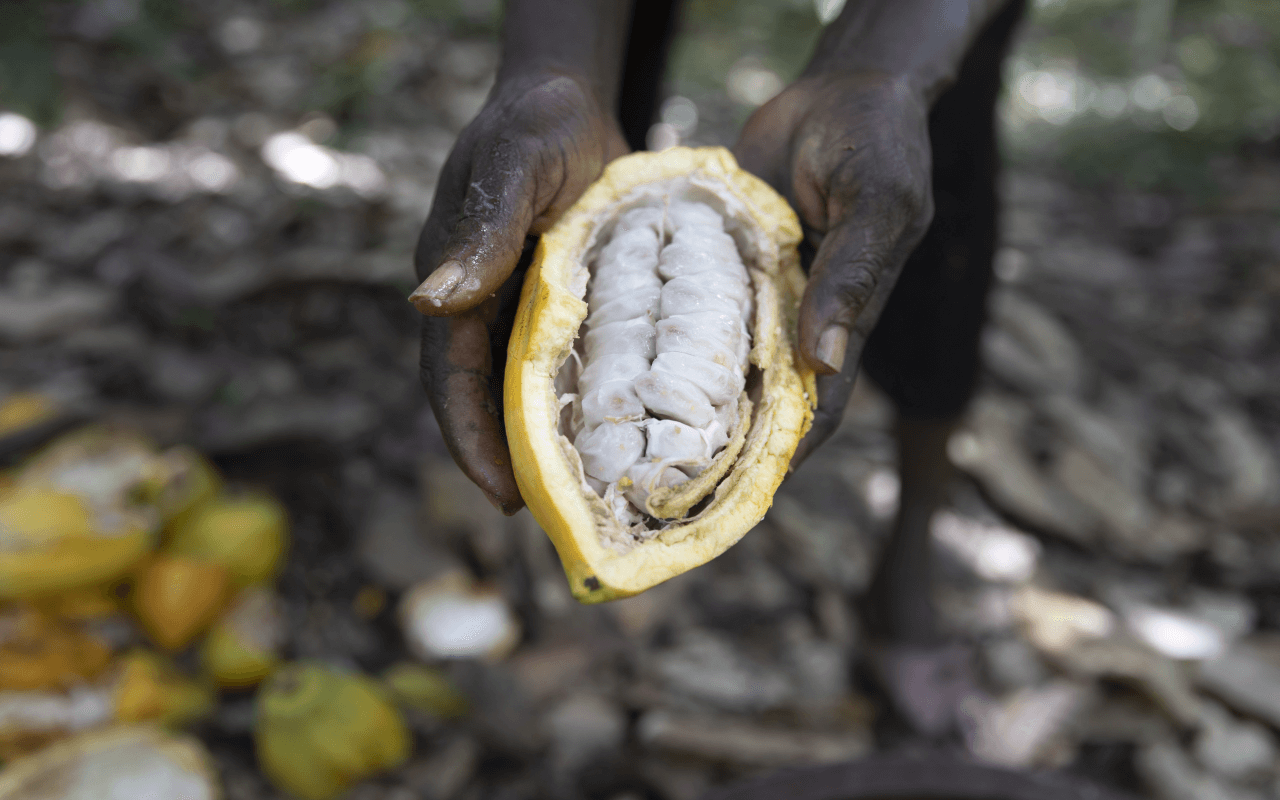
Read more Côte d’Ivoire: Sweet Temptation without a Bitter Taste

Read more Fair Trade and Climate Justice: Everything is Conntected

Read more Do import restrictions really benefit the local poor in West Africa?

Read more Sang'alo Institute invests in farming of sunflower crop

Read more The Agri-Food Map: An interactive map to explore sustainable agri-food systems
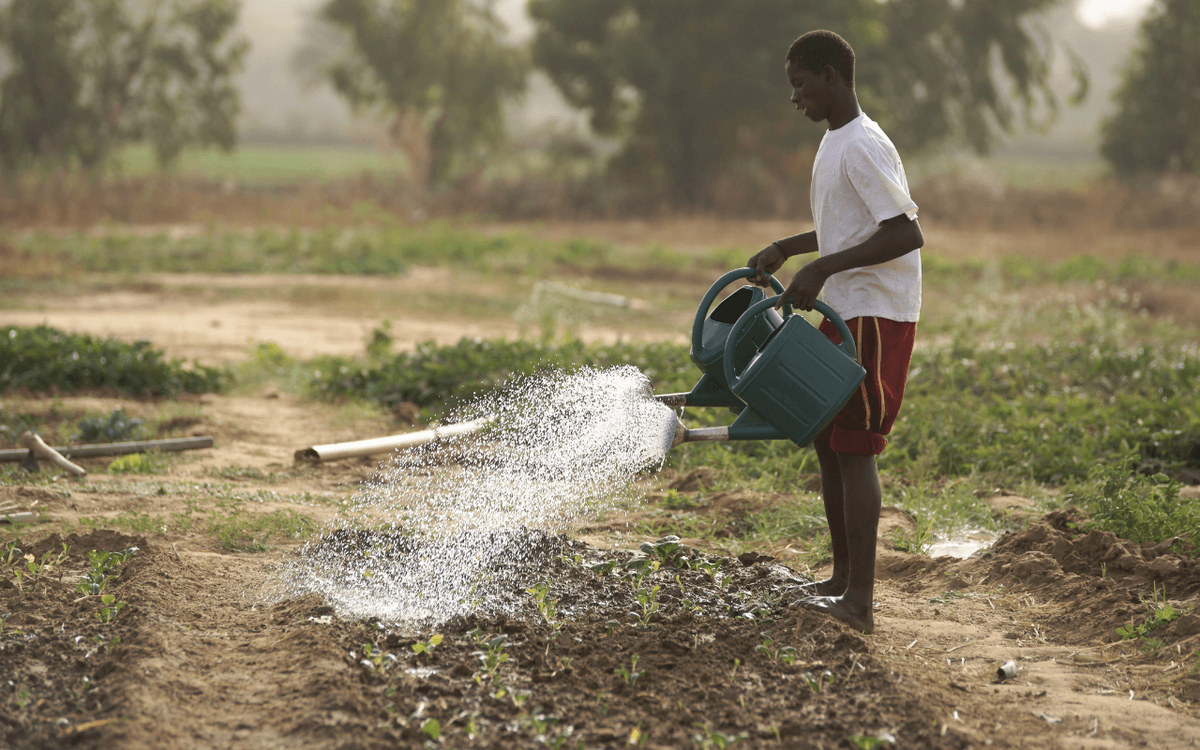
Read more Strengthening the market linkages of smallholders in the face of global supply shocks

Read more From the perennial to the catwalk – banana silk as an alternative

Read more How a Tea adds to Forest Conservation and Food Security
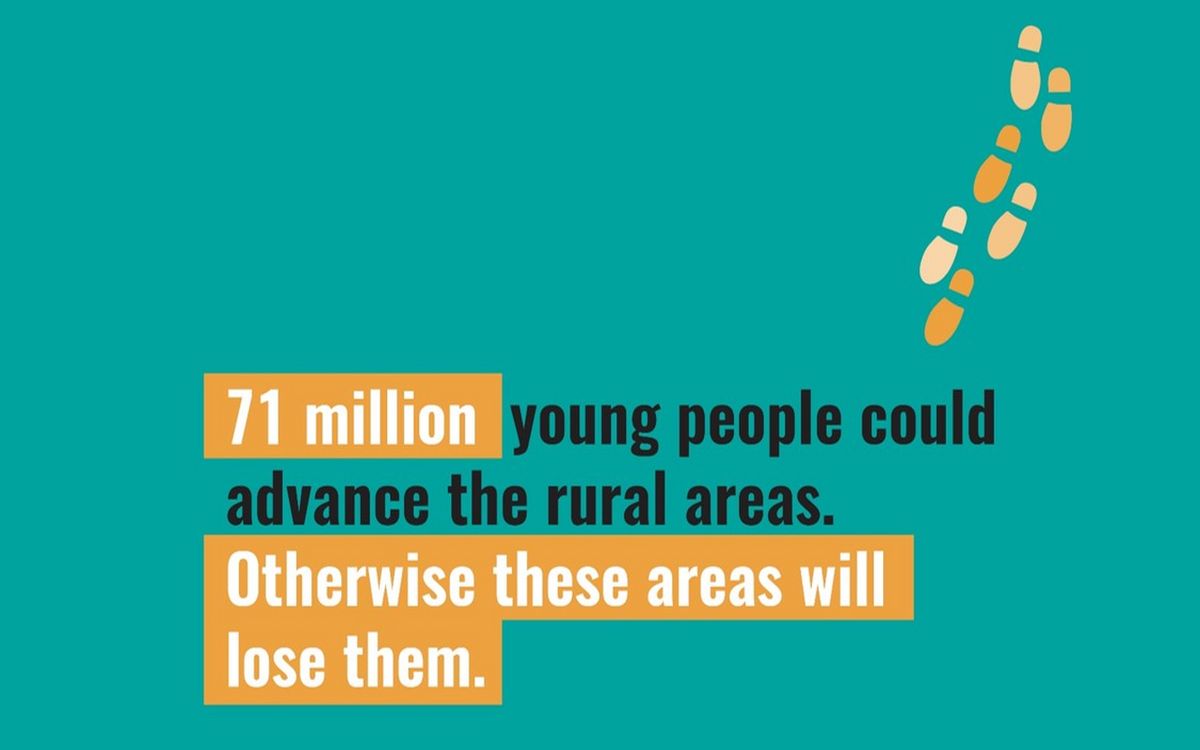
Read more Answers from the youth: "Leave or stay? That depends on it!"
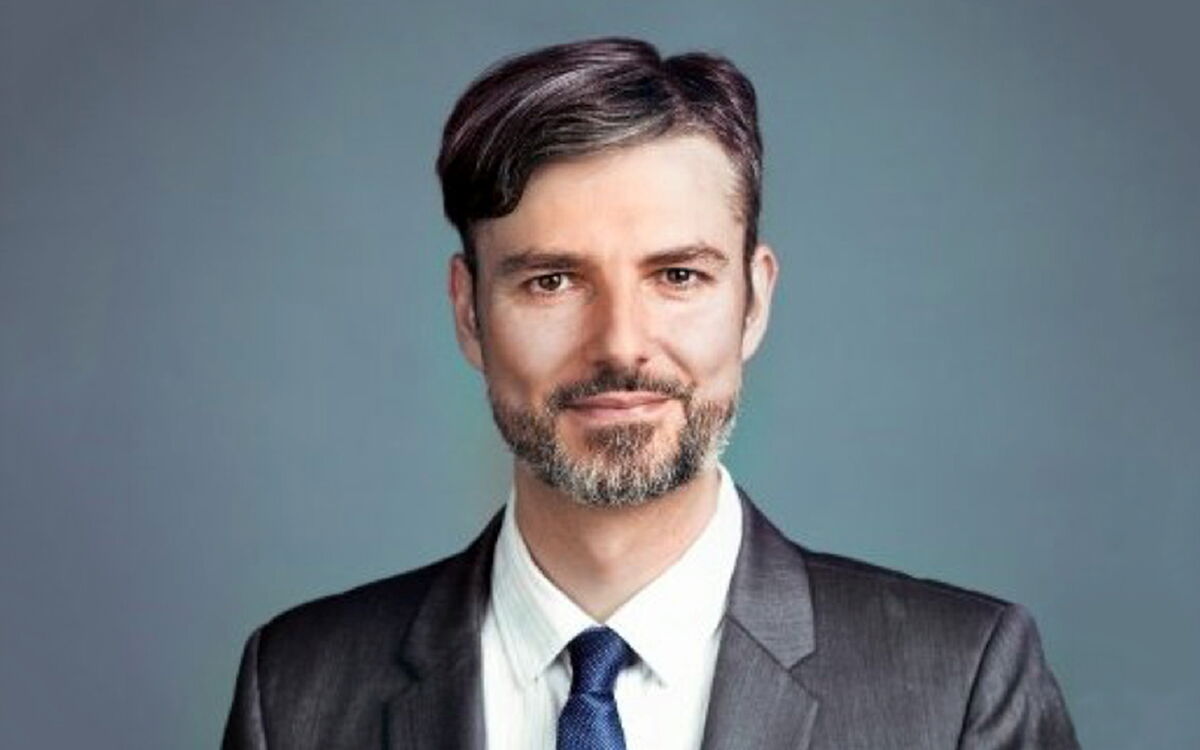

Read more From start to finish: a vision of interconnectivity

Read more How Can We Feed The World in Times of Climate Change?
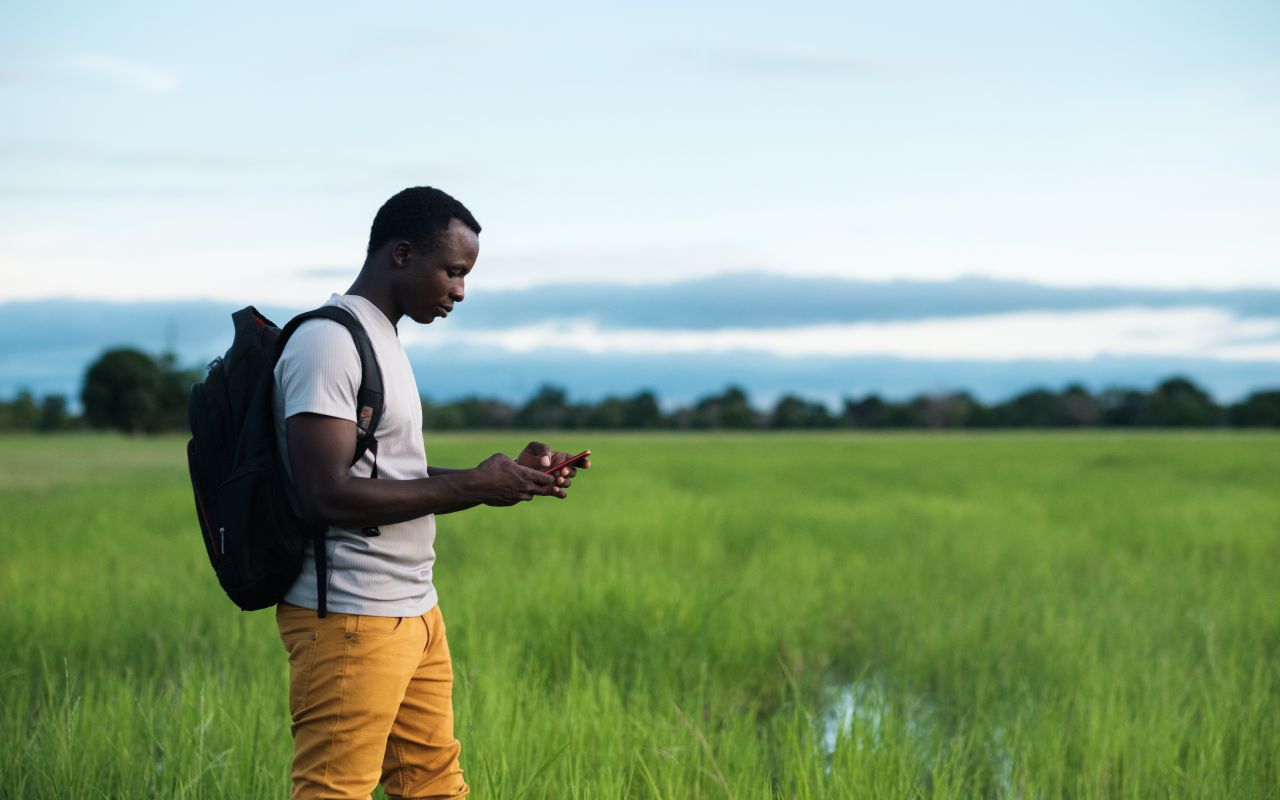
Read more Digitalization: The Driving Force in the Future of Agriculture?
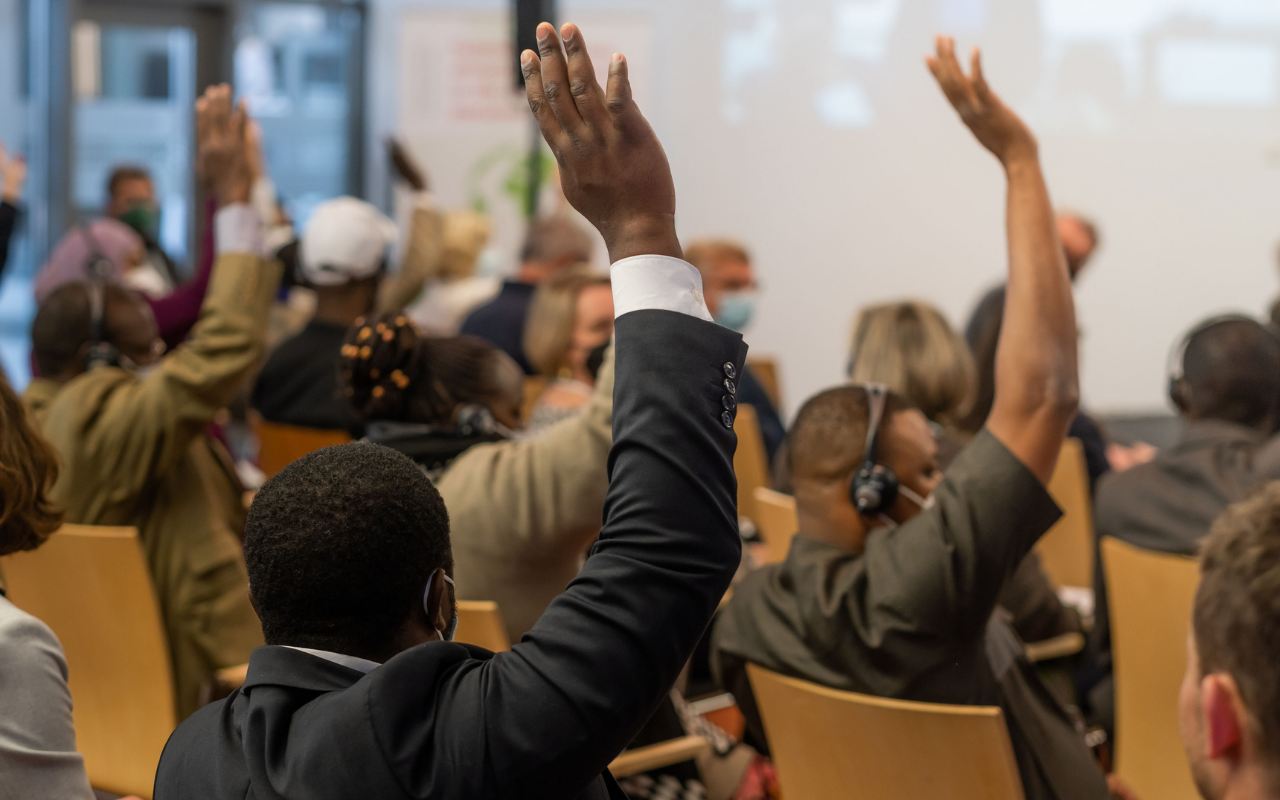
Read more ‘Invite yourself’ – Farmers organisations as key stakeholders of food systems

Read more What does it take to truly shift the paradigm on food systems?

Read more Sustainable, feminist and socially just: The new Africa strategy of the BMZ
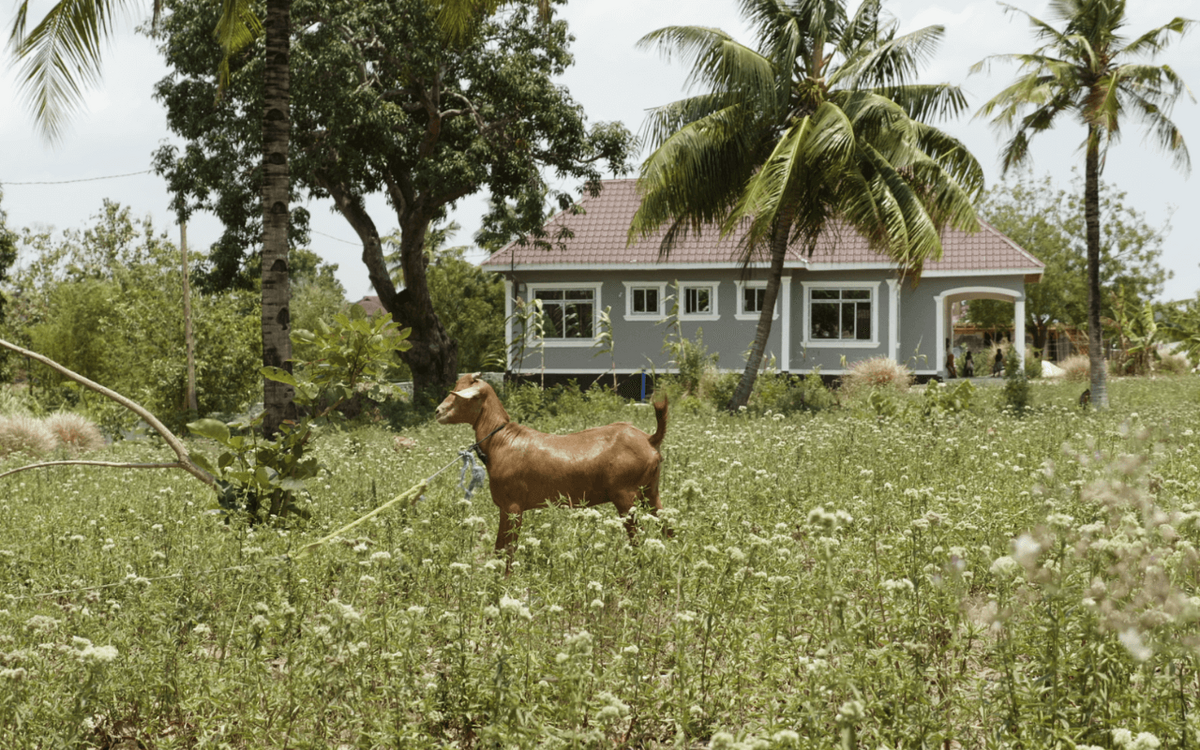
Read more How a Nigerian fintech wants to secure 1 billion US dollars for farms

Read more Agricultural Financing – from a broader Perspective
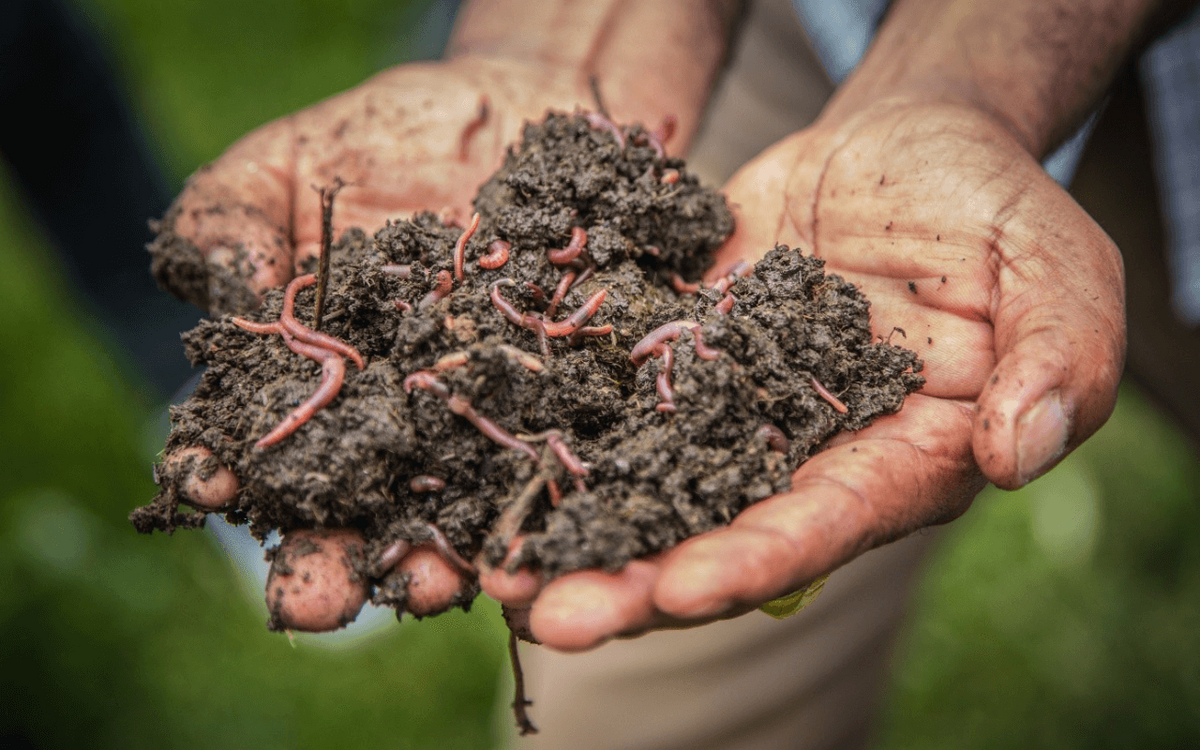
Read more African countries decide to tackle soil health challenges
We use cookies on our website. Some of them are essential, while others help to improve your user experience. Your consent is voluntary and can be revoked at any time on the "Privacy" page.
Protects against cross-site request forgery attacks
Saves the current PHP session.
Content from third-party providers, such as YouTube, which collect data about usage. Third-party content embedded on this website will only be displayed to you if you expressly agree to this here.
We use Matomo analytics software, which collects anonymous data about website usage and functionality to improve our website and user experience.